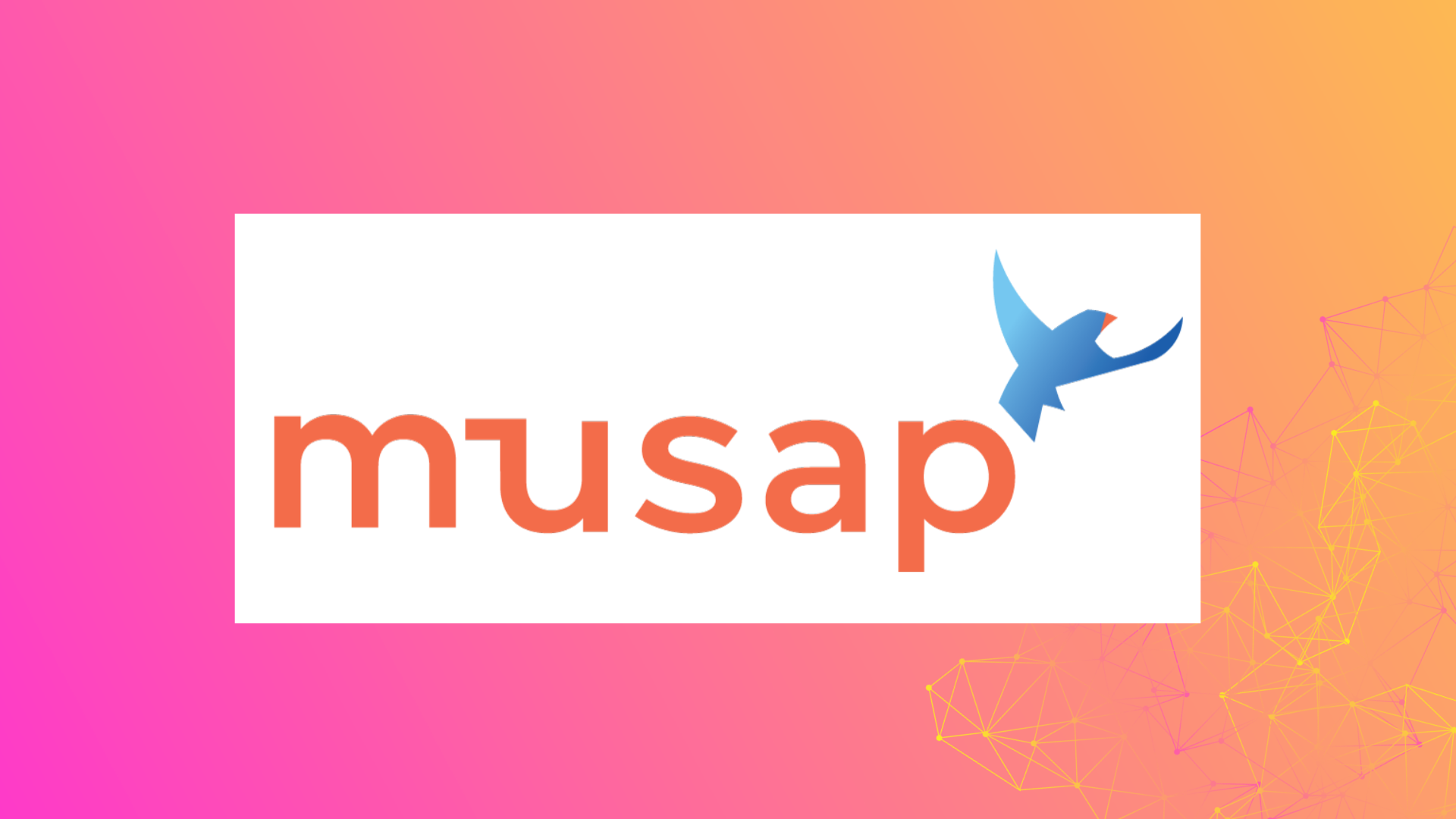
The MUSAP project aims to develop a new software interface called Unified Signature Application Programming Interface (USAPI) Library. The interface provides a consistent and flexible way for applications to request either low, substantial or high LoA signatures, regardless of the SSCD technology or location of the private key.
Website: www.methics.fi/musap

Jarmo Miettinen
Jarmo is the CEO, consultant and project manager in a wide variety of financial and telecom applications. Particularly interested in security, digital identity, subscriber management and infrastructure.

Matti Aarnio
Matti is the CTO and PKI expert. Leads Methics PKI products design and architecture. As a Crypto best practice advocate, has led the design of best in class Technical training workshops for customers and Government regulators including in Finland, Switzerland, Mongolia and Vietnam.

Eemeli Miettinen
Eemeli is the Software developer with expertise in Java development and PKI. I've worked at Methics for 12 years and have been involved in various PKI and Mobile ID projects.

Ammar Bukhari
Ammar is responsible for delivering international projects and owning products roadmap. Working as a bridge between technology, business and customers to build and ship Identity products across Europe and Asia.

Eeva Järvenpää
Eeva is a second year IT student working as a software developer trainee. Interested in web design and app development.

Atte Walden
Atte is a software developer with expertise in Java backend and Android development.

Teemu Mänttäri
Teemu is passionate software developer with expertise in web and mobile development. Throughout his career he has worked on PKI based authentication and document signing systems and helped in the development of Methics’ Remote Signing app.

Methics is a Finnish software company that specializes in delivering standards based identity and signature solutions. Methics support digital identity over a wide variety of authentication mechanisms and security assertions. Methics solutions have been delivered to customers in many countries in Europe ans Asia for national identity management solutions and critical business environments. With over 20 years of experience in Identity industry, Methics aims to offer a bridge between traditional PKI and W3C decentralized identity projects to provide identity and signing services.
Website: www.methics.fi